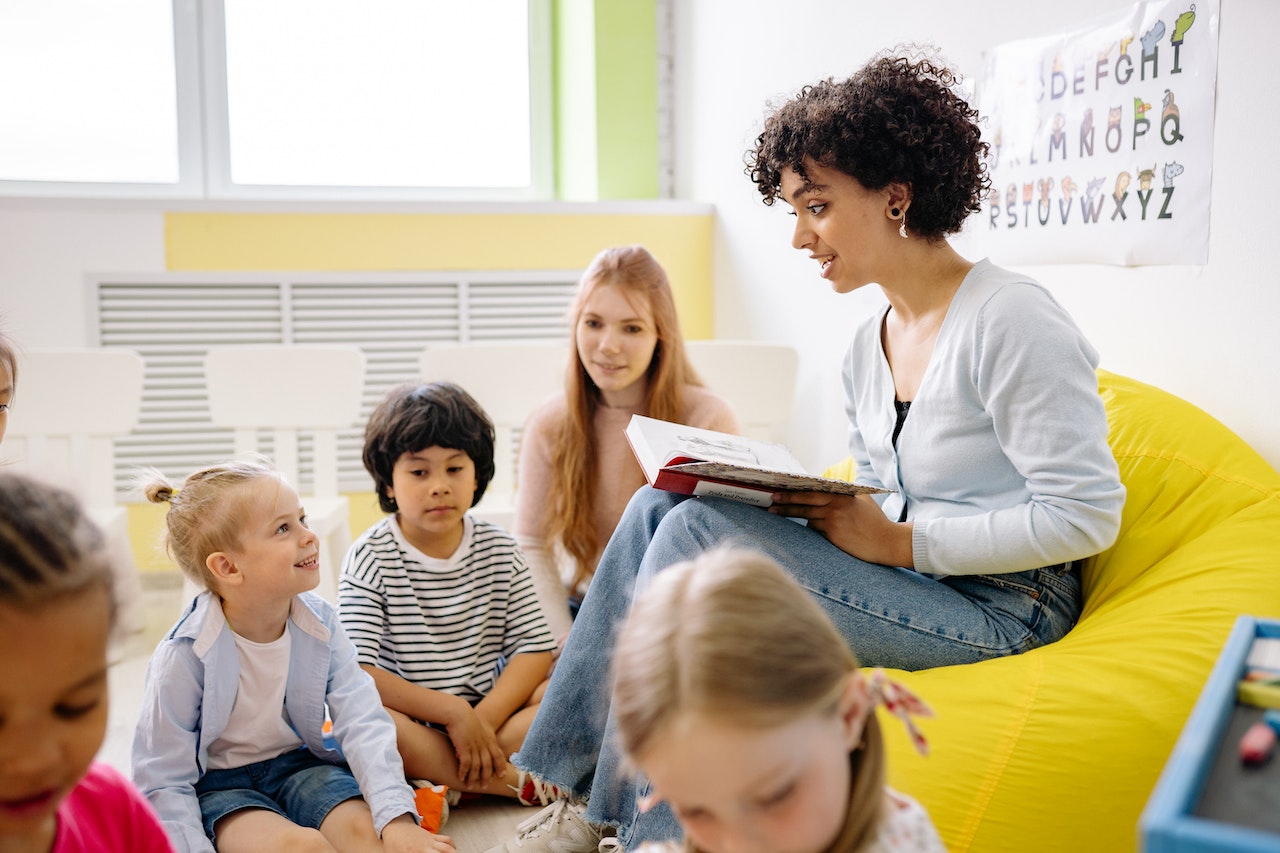Play is not just a pastime for children; it’s a fundamental aspect of their growth and development. It serves as a powerful tool that influences cognitive, emotional, and social development in profound ways.
1. Cognitive Development:
Play provides a natural and engaging environment for cognitive growth. Through play-based activities, children explore their surroundings, experiment with objects, and engage in imaginative scenarios. This stimulates their problem-solving abilities, spatial awareness, and critical thinking skills.
Example: Building Blocks Playing with building blocks allows children to experiment with concepts like balance, symmetry, and stability. They learn to think logically as they construct and deconstruct various structures.
2. Emotional Development:
Play is an avenue for children to express and regulate their emotions. It offers a safe space for them to explore feelings, both positive and negative. Whether it’s through role-playing, creative expression, or interactive games, children learn to understand and manage their emotions.
Example: Role-Playing Games Engaging in pretend play, such as pretending to be a doctor or a chef, allows children to step into different roles and experience various emotions. This helps them develop empathy and emotional intelligence.
3. Social Development:
Play encourages interaction, communication, and cooperation among children. It lays the foundation for developing essential social skills like sharing, taking turns, negotiating, and resolving conflicts. Through play, children learn the dynamics of relationships and how to navigate social situations.
Example: Group Games Games that involve multiple participants, like “Simon Says” or team sports, teach children to follow rules, communicate effectively, and collaborate with others.
4. Language Development:
Play-based learning promotes language acquisition. When children engage in imaginative play, they use words to narrate stories, express ideas, and communicate with peers. This strengthens their vocabulary, comprehension, and communication skills.
Example: Puppet Play Using puppets in play scenarios encourages children to create dialogues, fostering language development in an interactive and enjoyable way.
5. Physical Development:
Active play, such as running, climbing, and manipulating objects, supports the development of fine and gross motor skills. It enhances coordination, balance, and strength, laying the groundwork for more complex physical activities.
Example: Outdoor Playgrounds Playing on swings, climbing structures, and engaging in activities like hopscotch or jumping rope promote physical dexterity and stamina.

